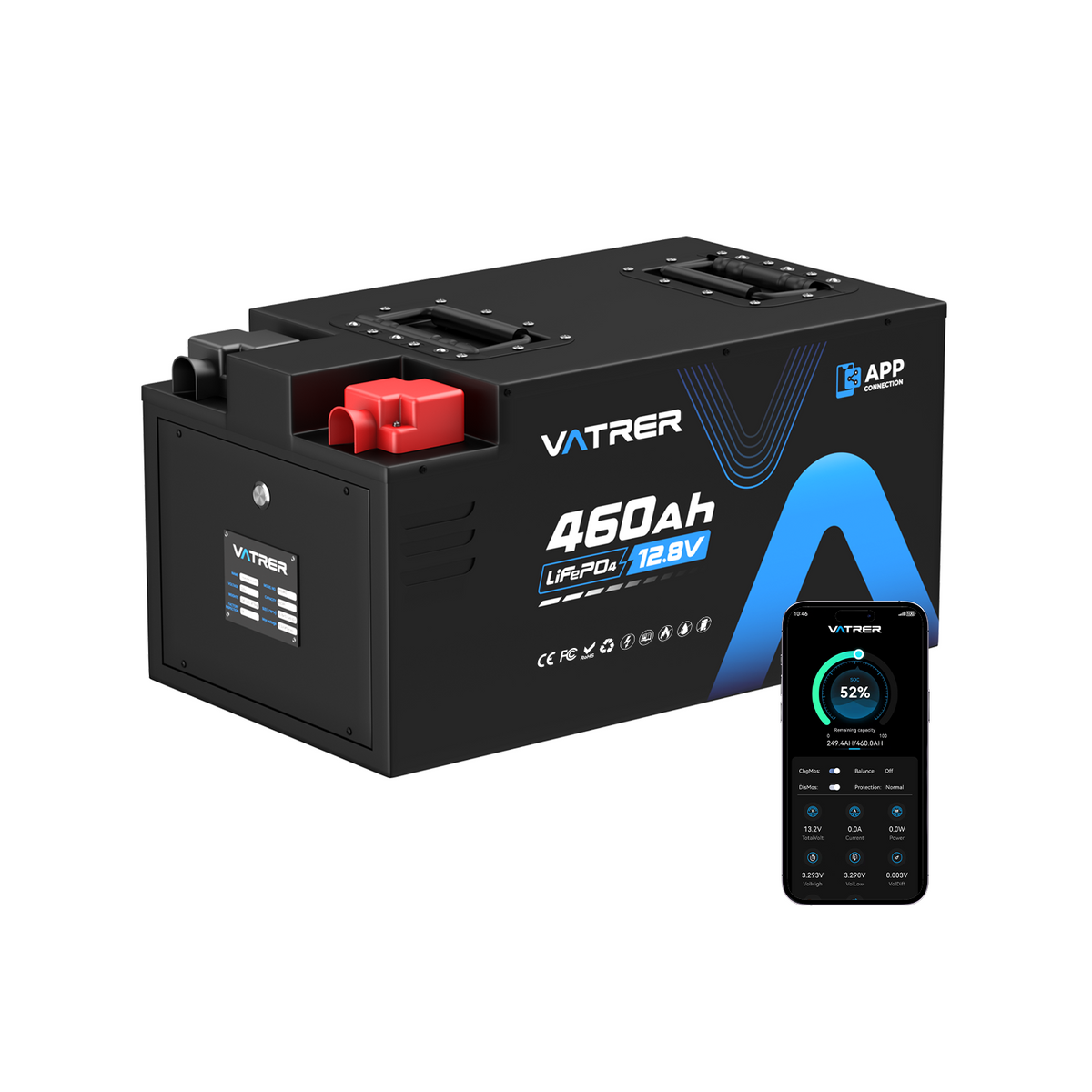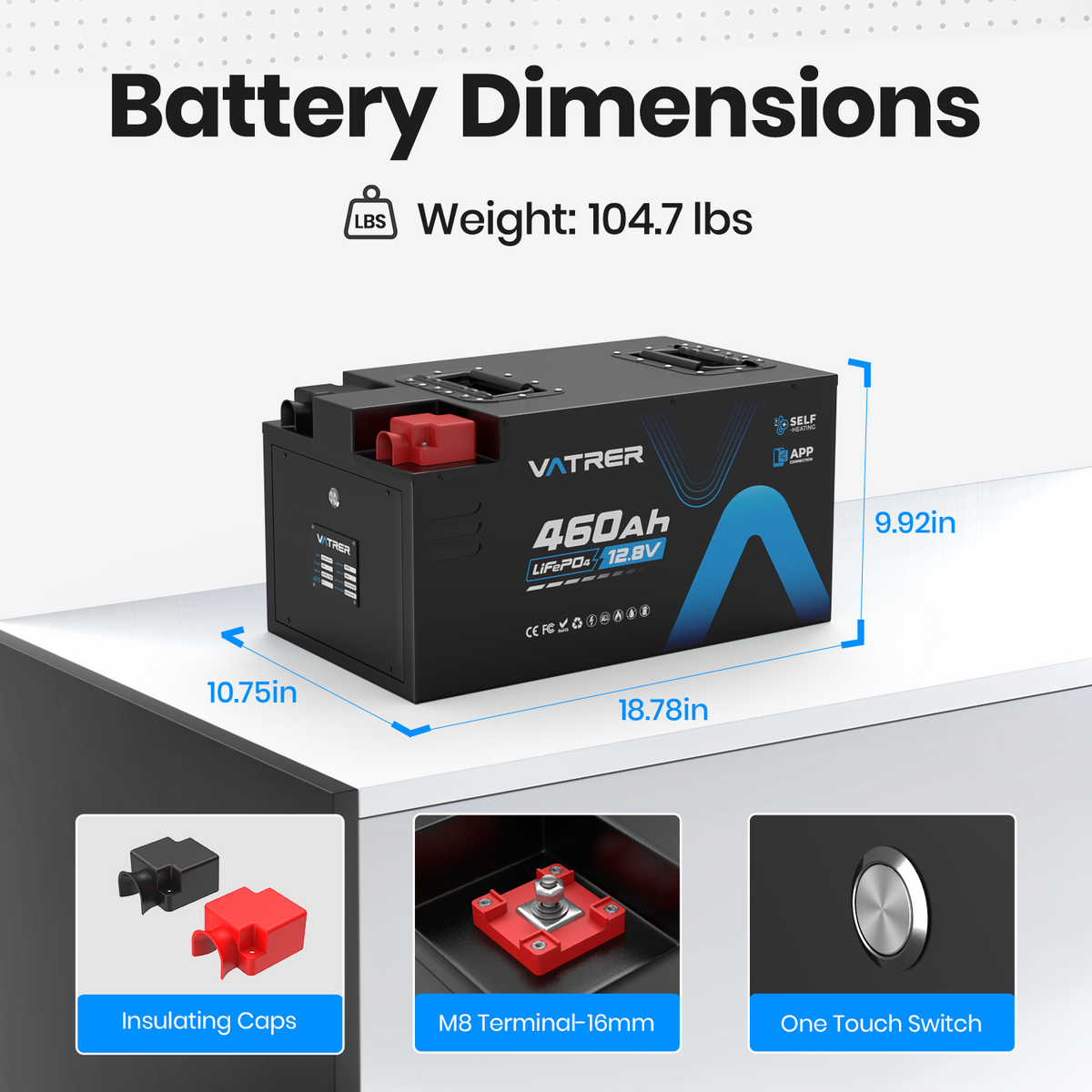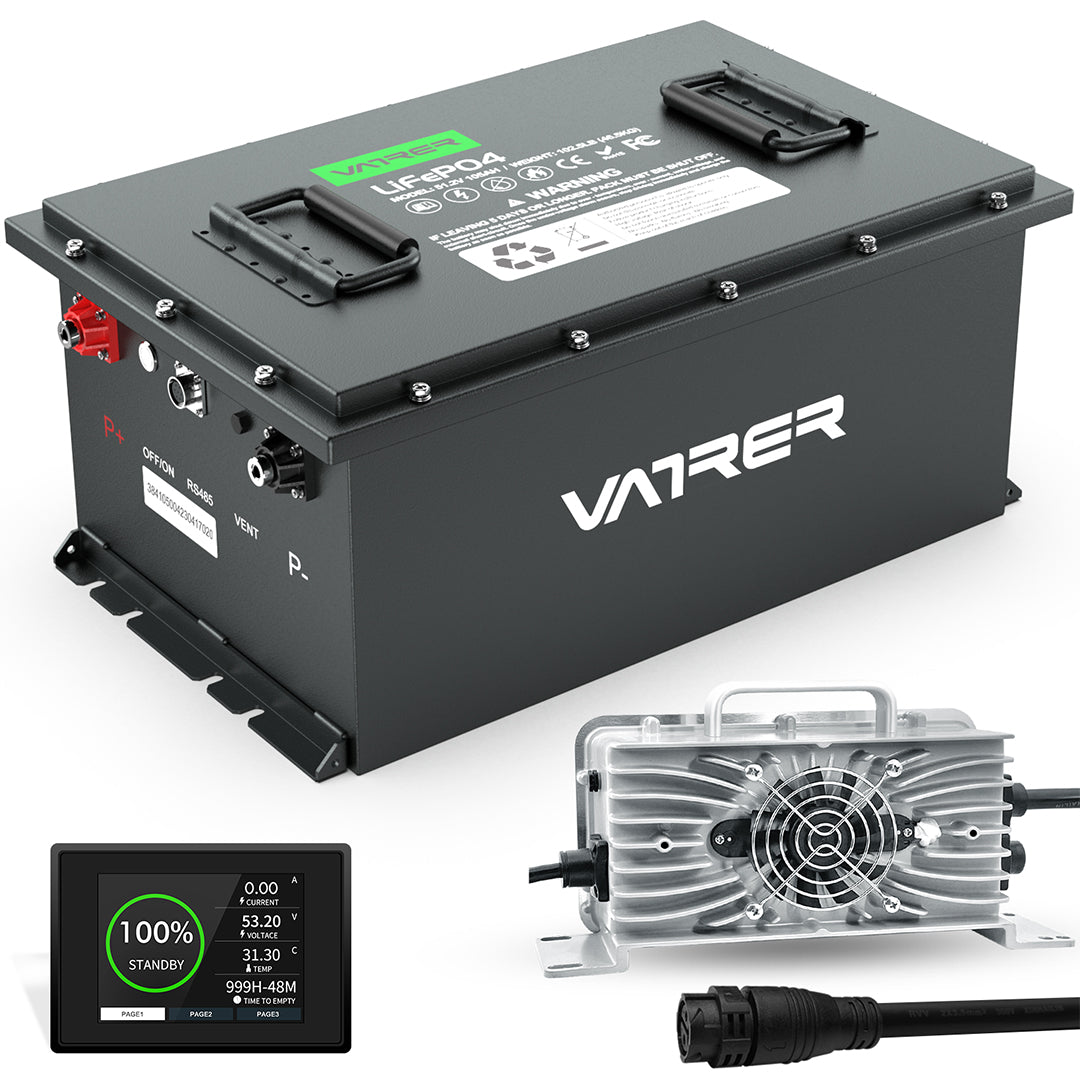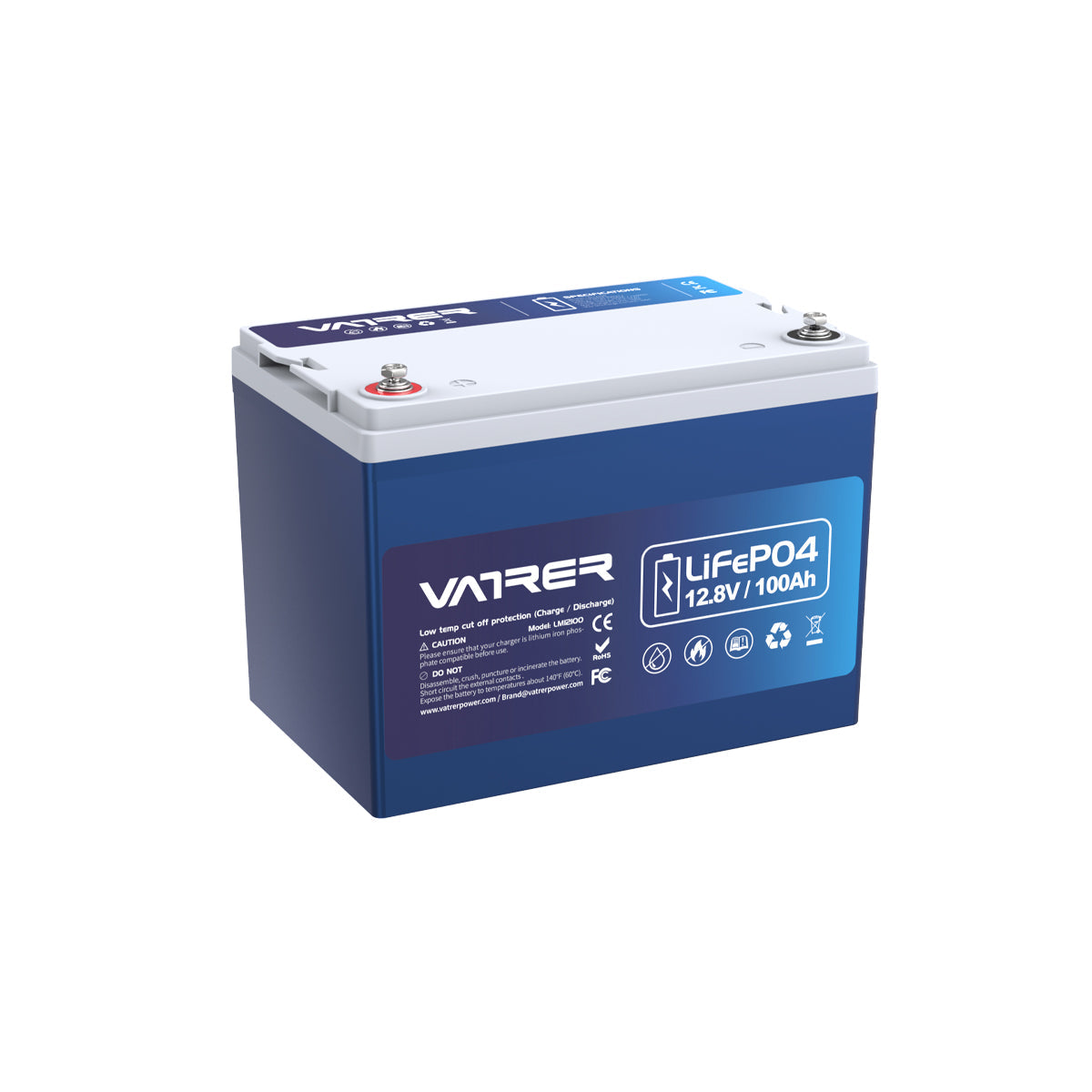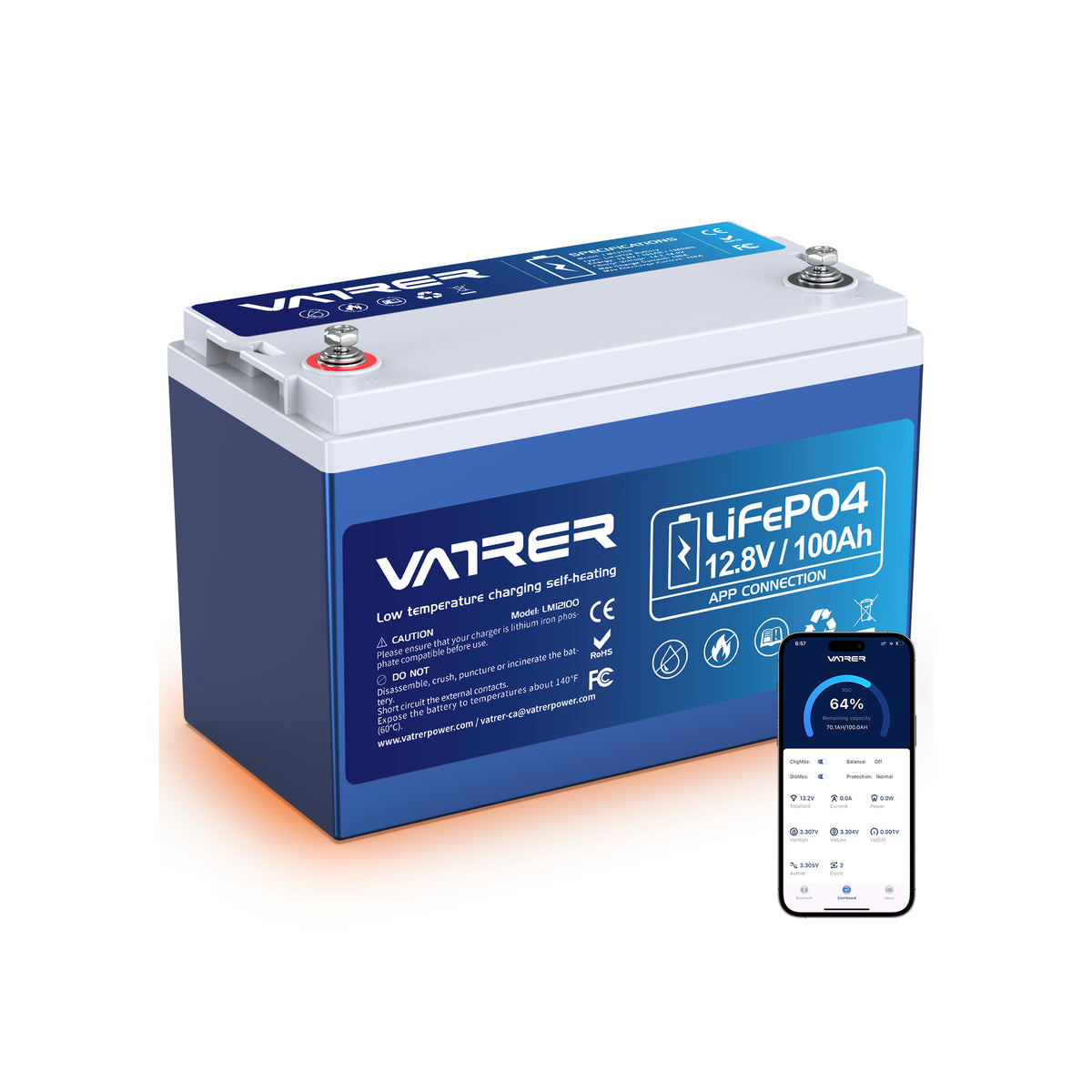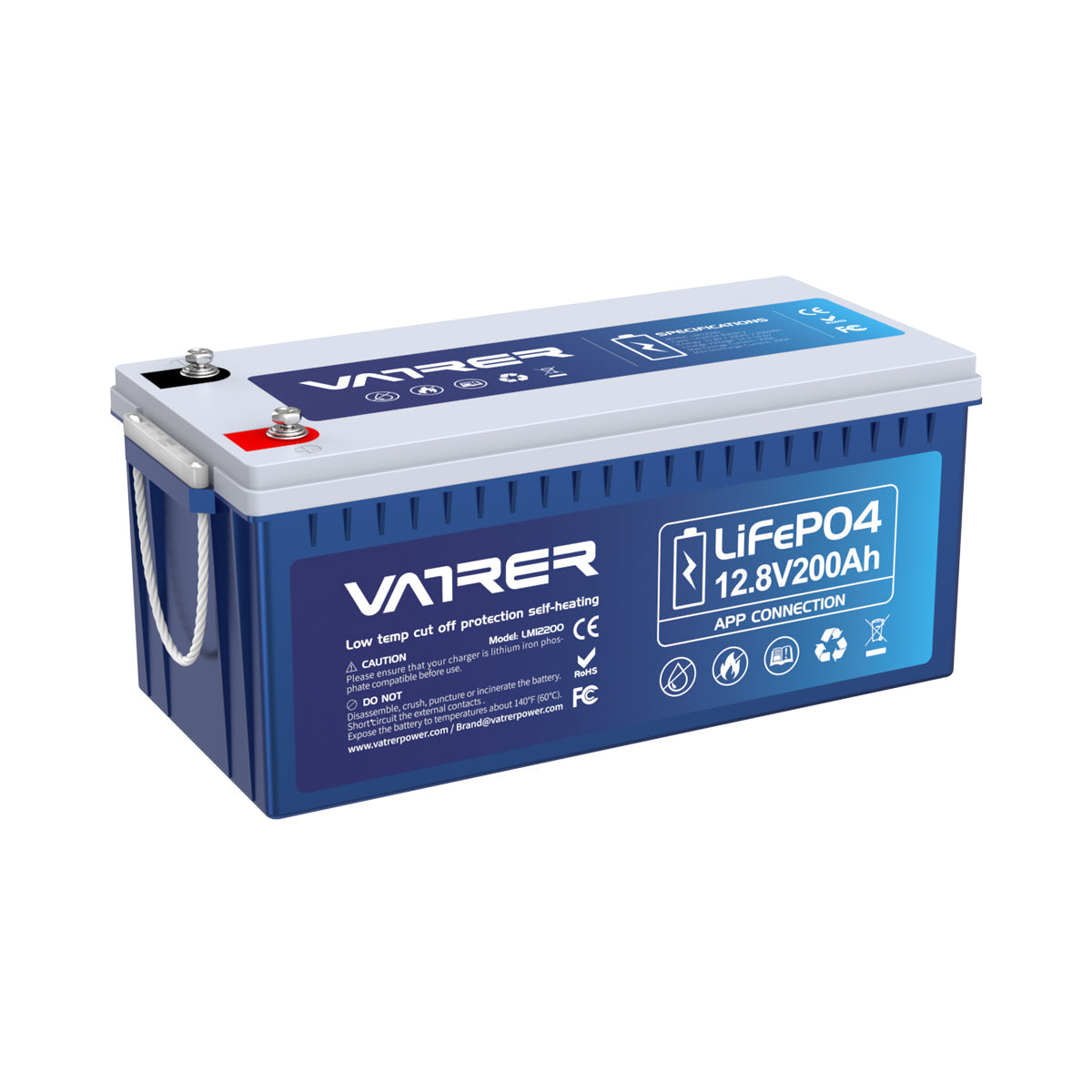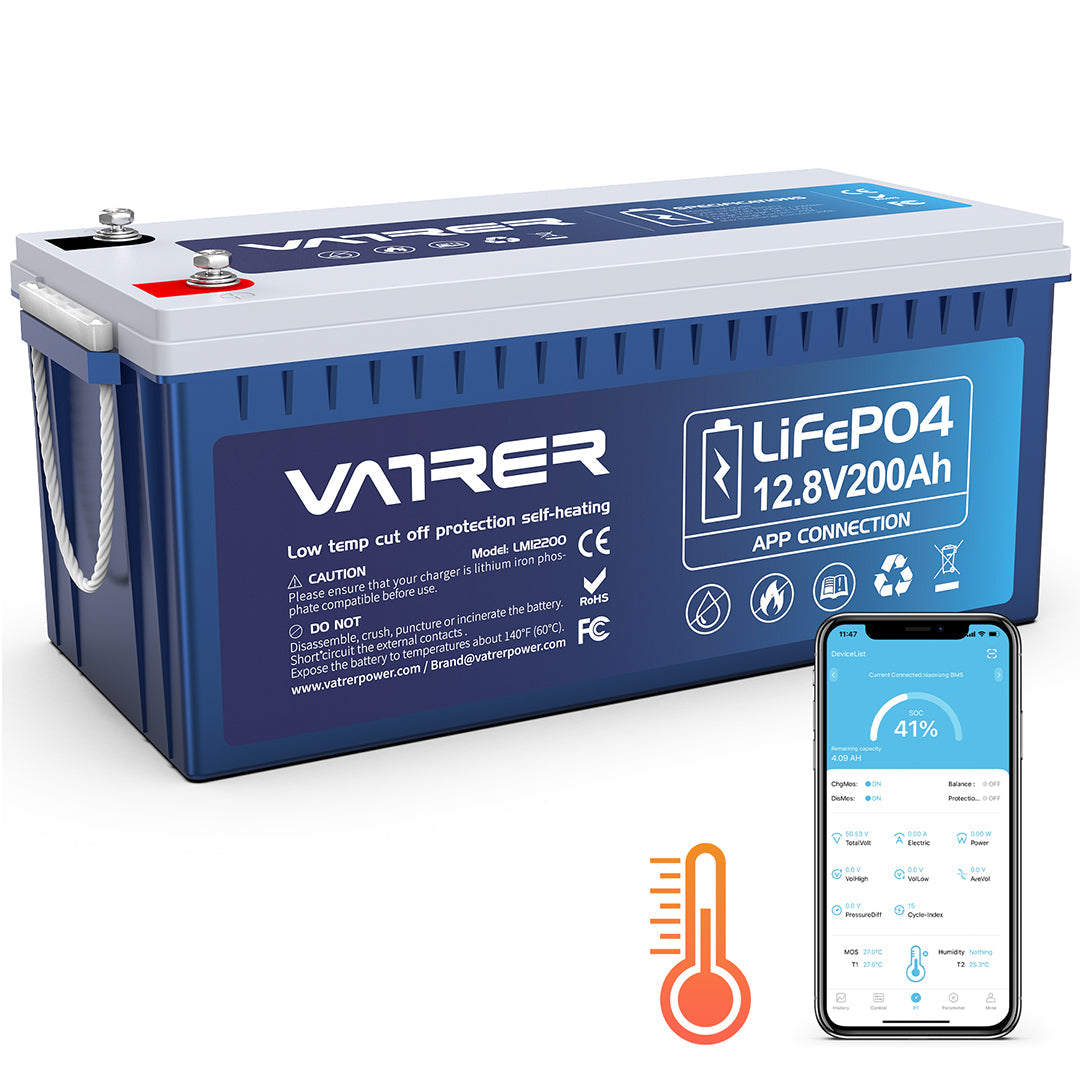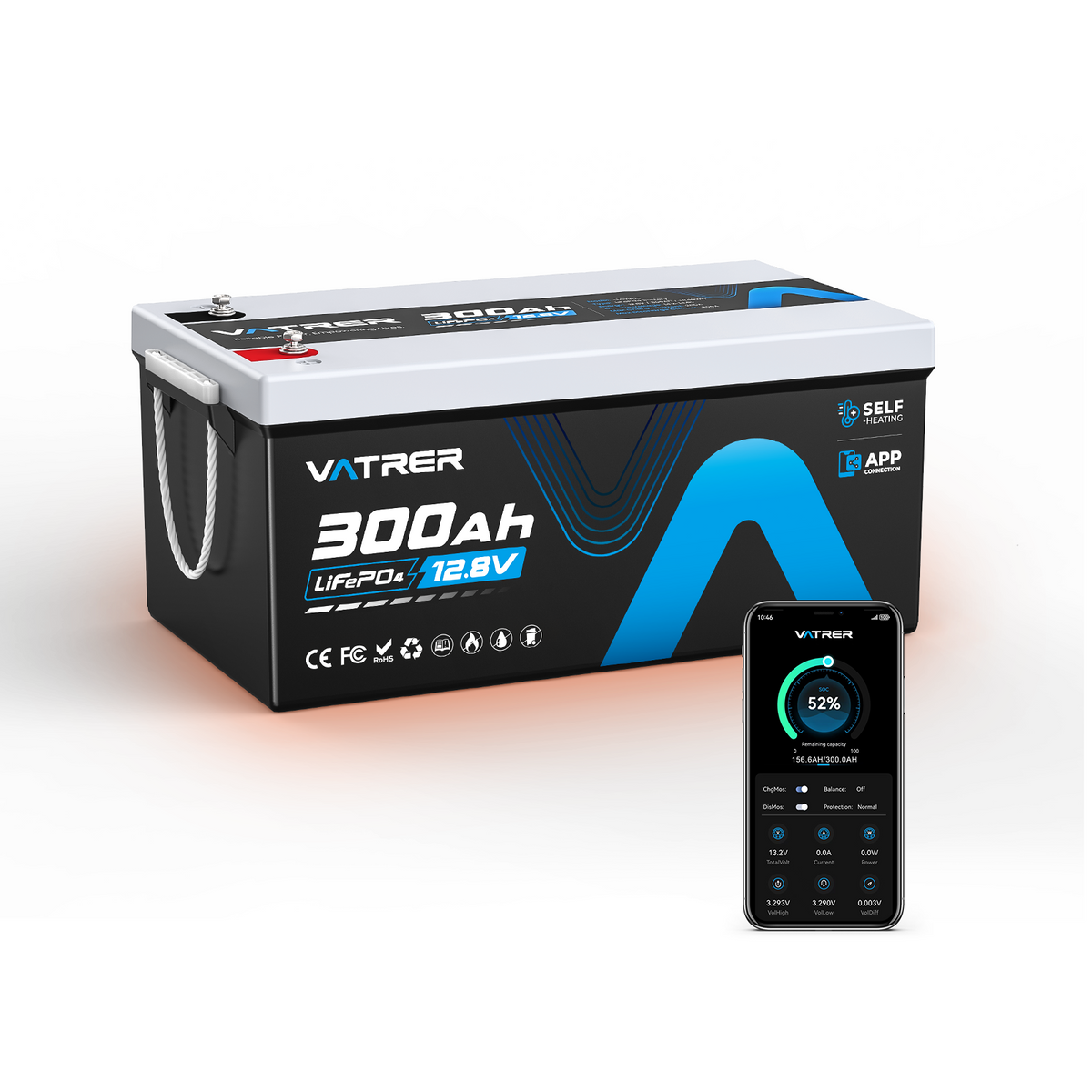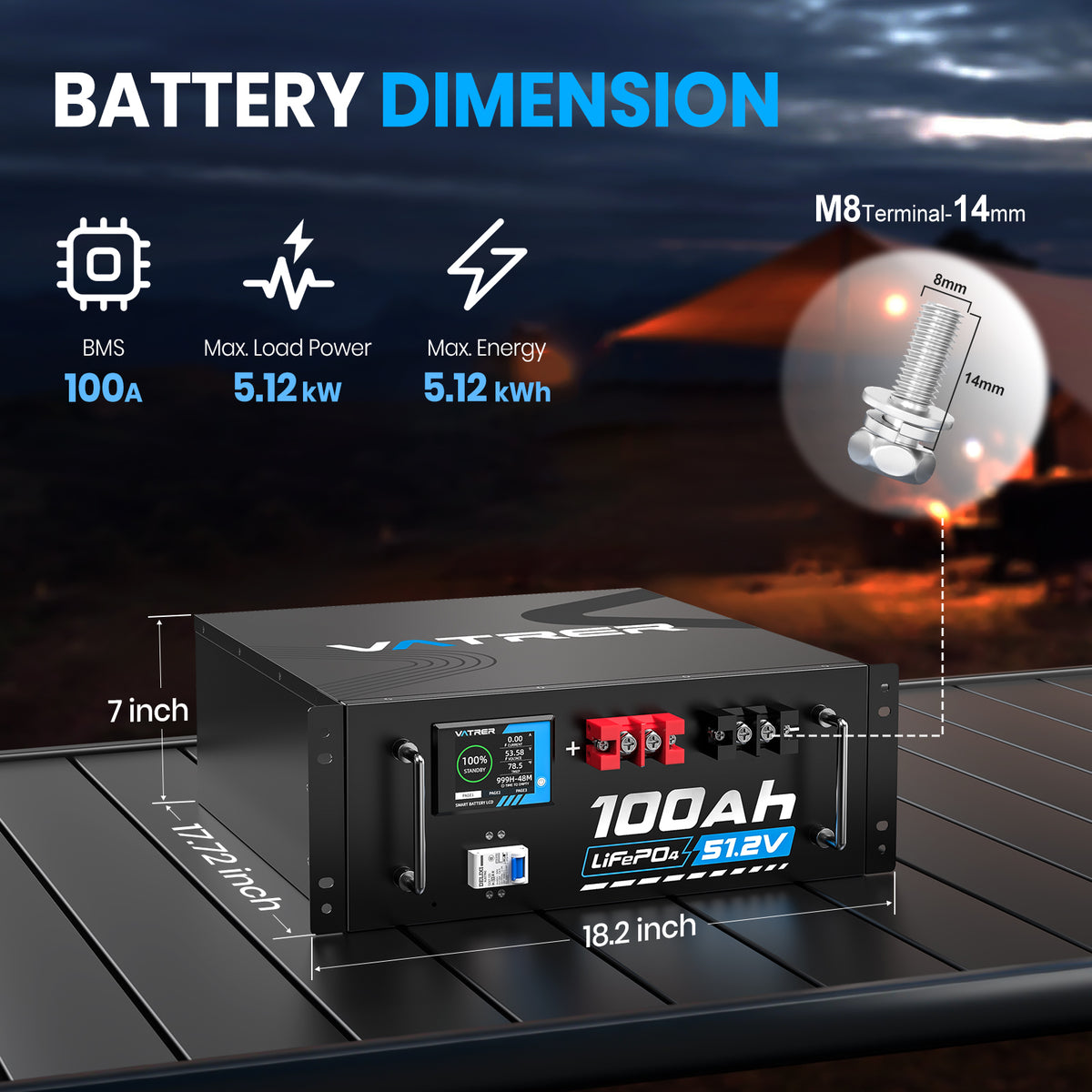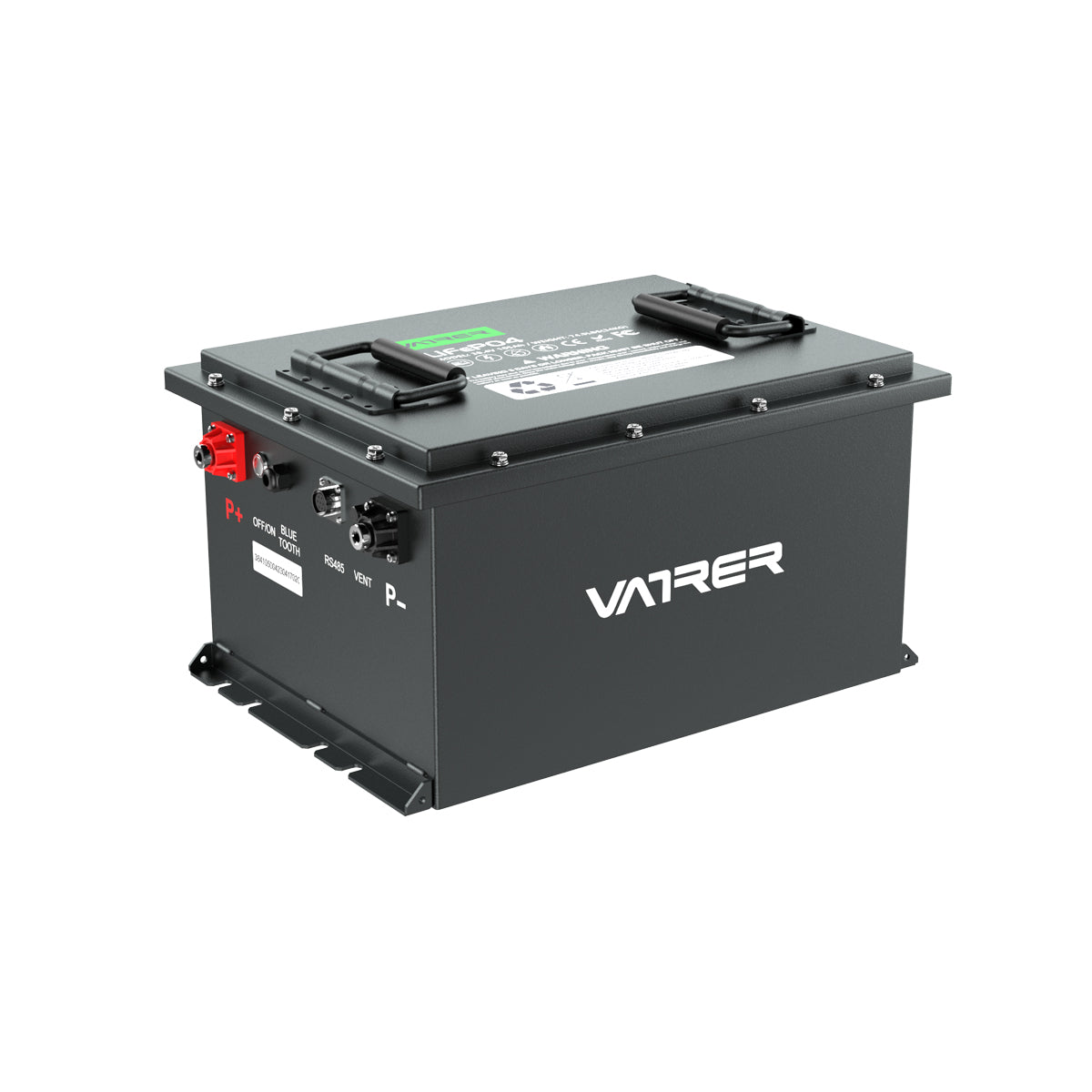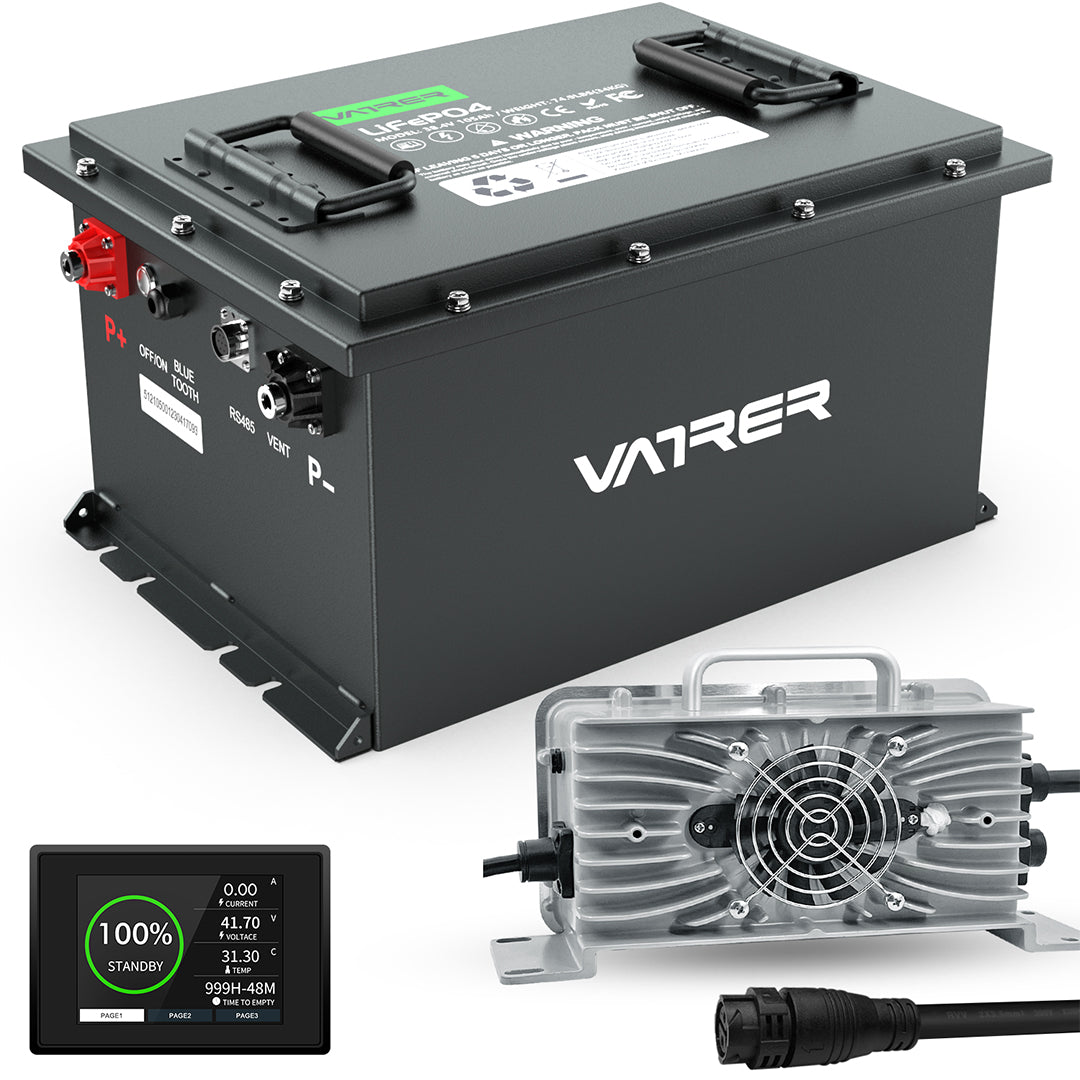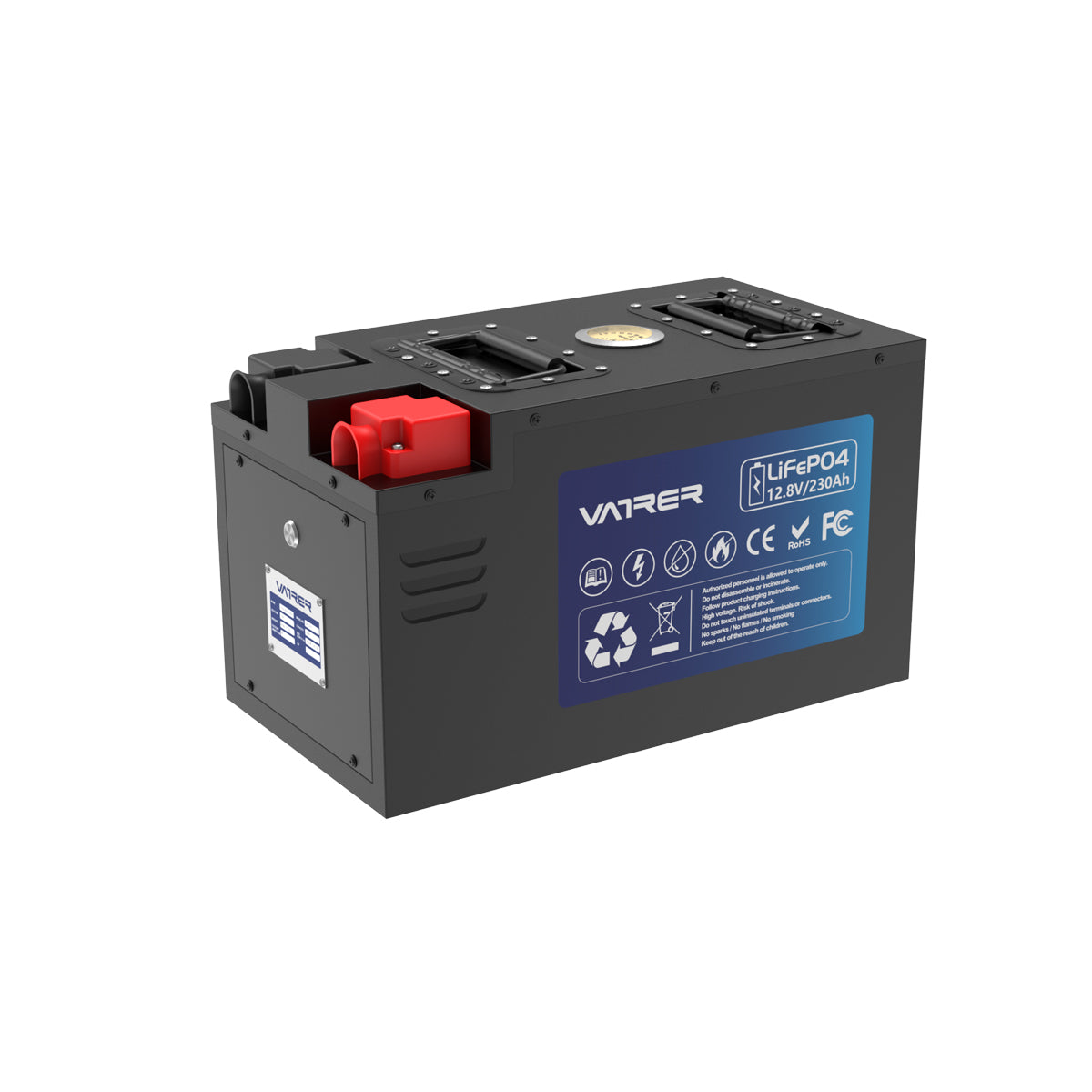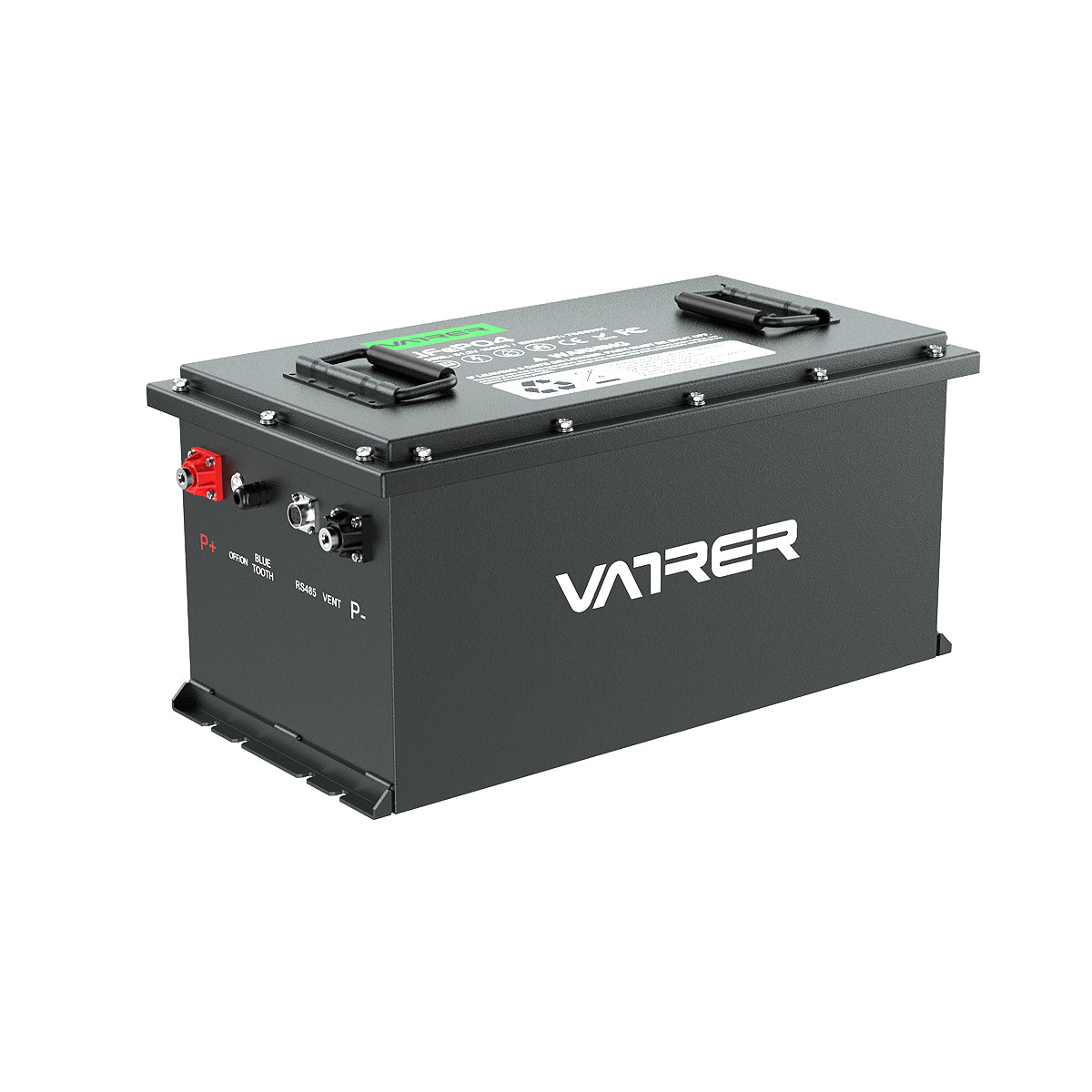When it comes to choosing the right batteries for your application, understanding the differences between battery configurations is crucial. In this blog post, we'll explore whether two 6-volt batteries might be a better option than two 12-volt batteries, depending on your needs.

1. Understanding Voltage and Capacity
Firstly, let’s break down the basics:
- Voltage (V): This is the measure of the electrical potential difference between two points in a circuit. It essentially tells you how much power the battery can deliver at once.
- Capacity (Ah, ampere-hours): This measures how much electricity a battery can store and deliver over time. It indicates how long a battery can operate before needing a recharge.
2. Series and Parallel Connections
Batteries can be connected in two ways:
- Series Connection: Connecting batteries in series adds their voltage together but keeps the amp-hour capacity the same. For example, two 6-volt batteries connected in series will provide 12 volts total.
- Parallel Connection: Connecting batteries in parallel keeps the voltage the same but adds their capacities. Two 12-volt batteries in parallel will still provide 12 volts, but the capacity (Ah) will double.
3. Comparing Two 6-Volt vs. Two 12-Volt Batteries
Advantages of Two 6-Volt Batteries:
-
Higher Capacity and Durability: Often, two 6-volt batteries used in series (to make 12 volts) are deep cycle batteries, which means they can handle more charge and discharge cycles compared to a standard 12-volt battery. This makes them ideal for applications where batteries are regularly drained and recharged, such as in golf carts and RVs.
-
Stability and Reliability: When two 6-volt batteries are connected in series, they tend to produce a more stable voltage output, which is beneficial for sensitive electronic equipment.
Advantages of Two 12-Volt Batteries:
-
Ease of Replacement: 12-volt batteries are more commonly available and can be easier to replace in a pinch.
-
Flexibility in Usage: They can be used individually or paired in parallel for increased capacity, making them versatile for different applications, including cars, backup power systems, and more.
4. Choosing Based on Application
- Recreational Vehicles (RVs) and Golf Carts: Two 6-volt batteries are generally better suited due to their ability to endure deep discharge cycles.
- Automotive and Backup Power Systems: Two 12-volt batteries might be preferable for their ease of replacement and ability to scale capacity through parallel connections.
5. Conclusion
The choice between two 6-volt and two 12-volt batteries largely depends on the specific needs of your application. If longevity under frequent charge cycles and stability are your primary concerns, two 6-volt batteries are an excellent choice. However, for general usage where convenience and flexibility are paramount, two 12-volt batteries might serve you better.
Before making a decision, consider what your primary needs are in terms of voltage, capacity, and how the batteries will be used. This tailored approach will help ensure that you select the best battery configuration for your specific requirements.





